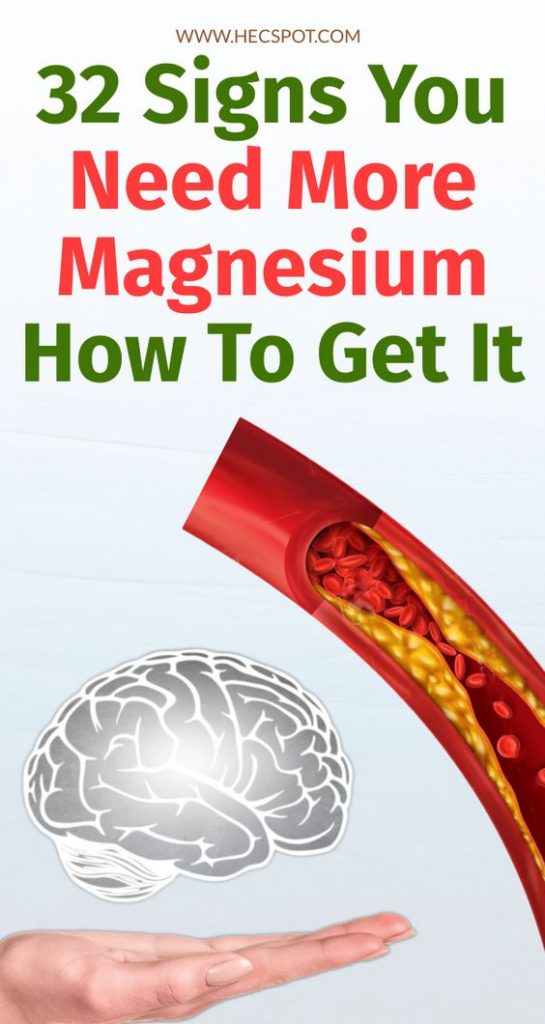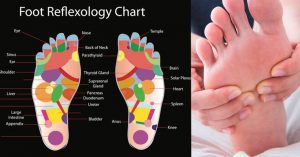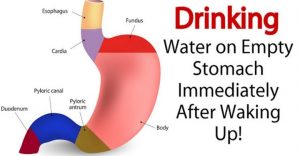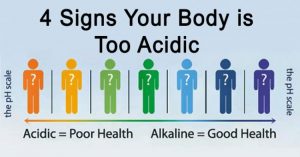Are you struggling to lose weight and maintain a healthy diet? You may have a toxic fatty acid that blocks weight loss.
Here's how a simple “Ice Hack” speed up my fat loss and helped me restore my health, watch now.
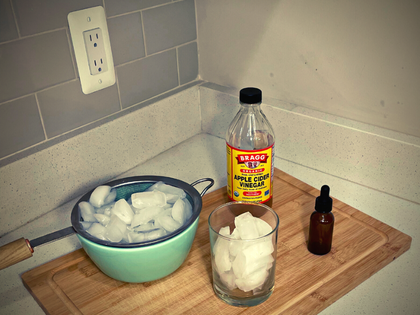
At times we may not even recognize the symptoms, yet sometimes we neglect the traits we encounter. Nevertheless, magnesium deficiency can lead to numerous health complications.
In fact, one of the most common nutrient deficiencies is magnesium. Unfortunately, nowadays it has become extra challenging to get magnesium from daily food sources. Plus, this essential mineral is responsible for over 300 processes in the human body.
This mineral was prevalent in soil years ago and it wasn’t that hard to obtain the needed dosage of magnesium daily. However, this is not the case today since modern farming has ended the magnesium present in the soil.
Another reason for magnesium deficiency is the fact that people consume unhealthy foods instead of foods like nuts, seeds, mackerel, dark leafy greens, and beans, which are high in magnesium.
Here are 32 signs that you have a magnesium deficiency:
- Dizziness
- Type II diabetes
- Depression
- High blood pressure
- Memory loss
- Tremors
- Muscle cramps
- Confusion
- Fatigue
- Heart issues
- Nausea
- Constipation
- Hypoglycemia
- Anxiety
- Blood clots
- Difficulty swallowing
- Calcium deficiency
- Osteoporosis
- Insomnia
- Liver and kidney disease
- Bowel disease
- Cystitis
- Tooth decay
- Hypertension
- Asthma
- Seizures
- Migraines
- Fertility/childbearing issues: Problems in conceiving or staying pregnant, preterm labor, and preeclampsia.
- Potassium deficiency: This is manifested by extreme thirst, irritability, and fluid retention.
- Reynaud’s syndrome: May generate cold fingers or toes, color changes in the skin due to temperature changes, and numbness in extremities.
- Personality shifts: these marks are similar to indications of mood disorders like stress, and depression.
- Respiratory difficulties
If you don’t get the required amount of magnesium daily, you negatively influence your overall health. Therefore, the best way to boost your magnesium levels is to consume more magnesium-rich foods and even take some high-quality supplements. Experts recommend that apart from magnesium you should also consume foods high in vitamin B1, vitamin A, zinc, biotin, zinc, chromium, and iodine.
Source: healthyfoodhouse.com


